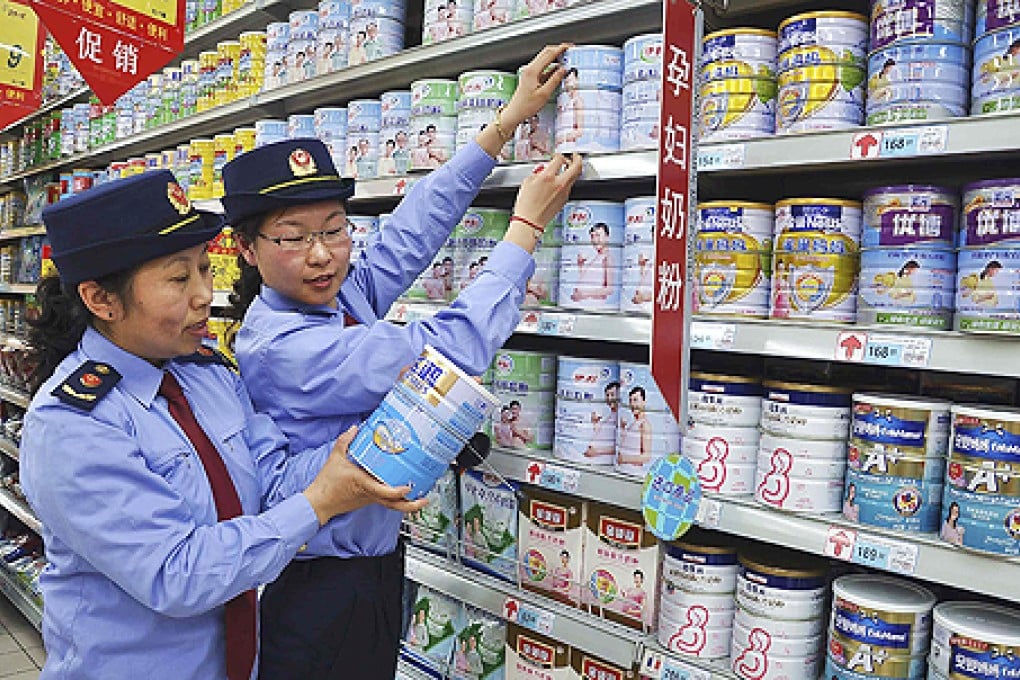New Zealand milk scare dents China's belief in foreign brands
A botulism scare has soured China’s taste for New Zealand milk powder that amassed big sales on a reputation for purity, but consumers even more wary of their own country’s dairy industry likely won’t eschew the foreign product for long.

A botulism scare has soured China’s taste for New Zealand milk powder that amassed big sales on a reputation for purity, but consumers even more wary of their own country’s dairy industry likely won’t eschew the foreign product for long.
China’s dairy business has long been beset by quality lapses and criminal scams, the most infamous in 2008 when six babies died and hundreds of thousands were sickened by infant formula contaminated with a chemical added to mask that the product had been watered down.
The current food scare created by New Zealand’s largest company, Fonterra, stems from a dirty pipe in one of its plants last year, which led to a contamination of whey protein concentrate that could cause botulism.
While this has worried Chinese consumers who have been willing to pay a premium for foreign brands they believe are safer, school teacher Zhu Danyan said the current case is different from what happened in 2008.
“In this case, the producer did not mean to hurt babies. They made a mistake in their work,” she said. The earlier scandal in China was “more serious and unforgivable,” Zhu said. “They knew what they are doing. They just wanted to make money.”
While angry at Fonterra for taking several months to identify the contamination problem, Zhu said she wouldn’t switch to Chinese milk for her six-week-old baby. “I just have no sense of confidence in Chinese milk.”